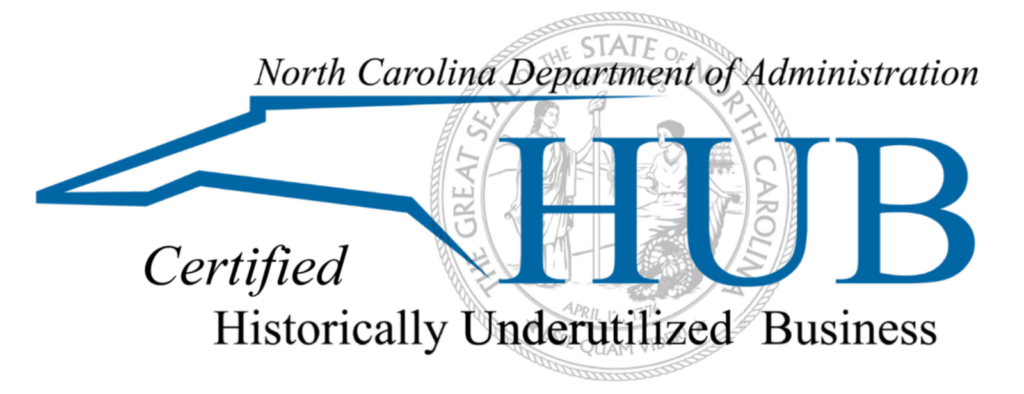- Login
- (919) 822-9025

Price:
$4,095.00
Days:
1
Virtual
• Understand legal frameworks and guidelines that affect cloud services
• Recognize the fundamentals of data privacy regulatory/legislative mandates
• Assess risks, vulnerability, threats, and attacks in the cloud environment
• Evaluate the design and plan for cloud infrastructure security controls
• Evaluate what is necessary to manage security operations
• Understand what operational controls and standards to implement
• Describe the types of cloud deployment models in the types of “as a service” cloud models currently available today
• Identify key terminology, and associated definitions related to cloud technology
• Establish a common terminology for use within your team or workgroup
• Build a business case for cloud adoption and determine business units that benefit from cloud migration strategies
• Knowledge of security protocols and best practices
• Experience with firewalls, VPNs, and intrusion detection systems
• Familiarity with security information and event management (SIEM) tools
• Understanding of risk assessment and vulnerability management
• Proficiency in network security and data protection
• Ability to implement and manage security policies and procedures
• Strong analytical and problem-solving skills
• Relevant certifications (e.g., CISSP, CISM, CompTIA Security+)
• Excellent communication and teamwork abilities
– Cloud Security Operations
• Analyze what is used to manage and operate physical and logical infrastructure of a cloud environment
• Discuss operational controls and standards
• Identify methodologies for supporting digital forensics
• Identify critical communication needs with relevant parties
• Define auditability, traceability and accountability of security-relevant data events
• Select requirements to implement secure operations
– Cloud Application Security
• Explain training and awareness solutions for application security
• Assess challenges in the secure software development life cycle (SDLC) process
• Select a threat model for securing software development
• Demonstrate cloud software assurance and validation
• Choose verified secure software
• Explain the specifics of a cloud application architecture
– Cloud Data Security
• Discuss cloud data security concepts
• Describe cryptography
• Explain data discovery and classification technologies
• Interpret cloud data storage architectures
• Analyze information rights management
• Assess cloud data security strategies
• Compare solutions for cloud data retention, deletion and archival policies
• Explain basic security concepts in the cloud
– Cloud Platform and Infrastructure Security
• Compare cloud infrastructure components
• Select standard practices for implementing a secure data center design
• Assess risks, vulnerability, threats and attacks in the cloud environment
• Discover components for planning and implementing security controls
• Evaluate the design and plan for cloud infrastructure security controls
• Appraise appropriate identity and access management (IAM) solutions
• Recommend business continuity and disaster recovery (BCDR) standards
– Cloud Governance: Legal, Risk and Compliance
• Explain the issues with international conflict of law
• Interpret guidelines for digital forensics
• Identify the fundamentals of data privacy regulatory/legislative mandates
• Summarize audit process, methodologies and cloud-ready adaptations
• Describe risk management related to cloud services
• Identify due care/diligence activities related to service contracts
– Cloud Concepts, Architecture and Design
• State the essential characteristics of cloud computing
• Describe the fundamental cloud computing services
• Describe the cloud computing reference architectures
• Explain cloud computing activities
• Compare cloud service capabilities and models
• Describe cloud deployment models
• Summarize economic characteristics of cloud computing
• Evaluate cloud computing ROI and KPI metrics
• Summarize cloud computing security concepts
• Describe key security considerations for each service model
• Analyze key cloud service provider contractual relationship documents
Support Diversity, Equity, and Inclusion with Every Purchase.
Great Horizons is a North Carolina Certified HUB Vendor and WOSB. By becoming a patron of our organization, you are not only supporting a historically underutilized business, but a woman-owned small business as well.

